I Want to Learn How to Think Beyond Academic Disciplines
Vol.1 2013.02.28 KATO, Teruyuki
Tsunami
February 28 - March 1, 2013
“Water,” while tremendously beneficial to humans, can be a source of huge disasters. “Tsunami” can be at the top of the list of such disasters. Japan in particular has been experiencing tsunamis from its ancient time. In the lecture, I would like to start with tsunami's historical aspect by touching on the origin of the word. I would then like to touch on tsunami's mechanism and causation and in particular discuss The 2011 earthquake and tsunami off the Pacific coast of Tōhoku, addressing such issues as why they happened, why so many lives were lost and what lessons should be drawn for future generations from the “catastrophes of tsunami,” from various angles like scientific and sociological.
- Instructor
-
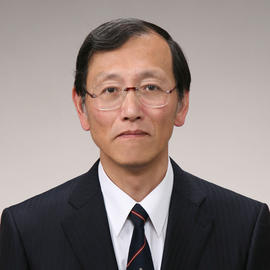
- KATO, Teruyuki
- Professor at the Earthquake Research Institute, the University of Tokyo. Professor Kato was born on November 21, 1952. He finished doctorate program at the Graduate School of Science, the University of Tokyo in 1980 (Ph.D. in Science). His area of specialty is solid geophysics. He has been mainly researching on finding causes of plate motions and crustal movements by measuring them with GPS. He invented a GPS tsunami monitor that measures tsunamis by putting GPS on buoys. He has co-authored books including Basics in GPS Measurement and Crustal Dynamics and the Earthquakes.
comments(最新2件 / 2)
- 2013年03月08日 02:09 reply
二日間の講義、有難うございました。地震について高校時代の地理の授業で少し勉強しましたが、今回のように地震を含め津波を系統的に学ぶのは初めてです。先生のお話を聞いて津波の測定に関していろいろな研究が進められている一方、どうやって実際に起こった災難の被害を最小限にとどめるのか(という実際的な対応に関する情報が)やや不足しているように思いました。
Post a Comment
- Other Lessons
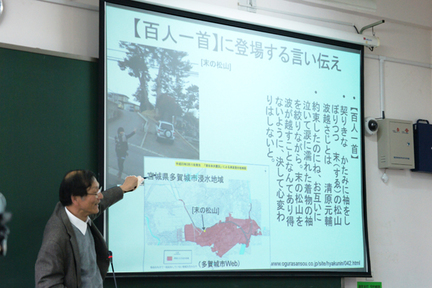
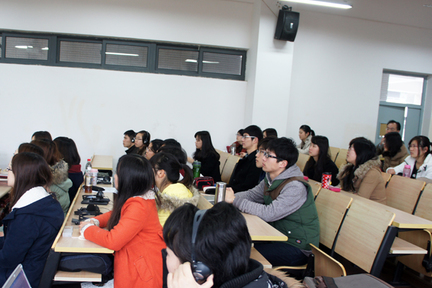
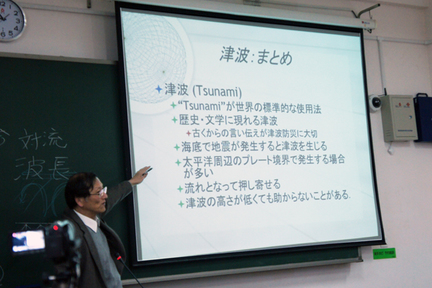
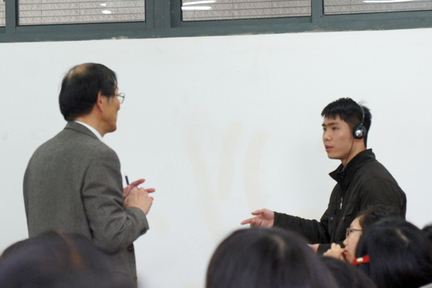
災害の後に、現地に戻った市民にどのよに心理的治療を行っているのですか。私なら、苦しい記憶を残したその所に、二度と戻りたくないと思います。仙台で頑張って生活を続けていく人たちにすごく感心しております。彼らに勇気を出させたのは何だろうか?